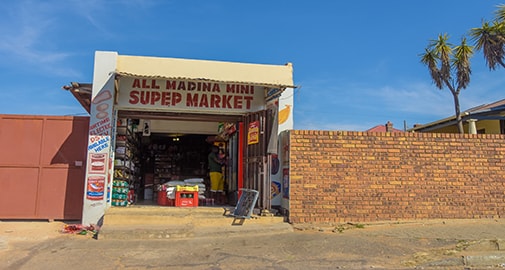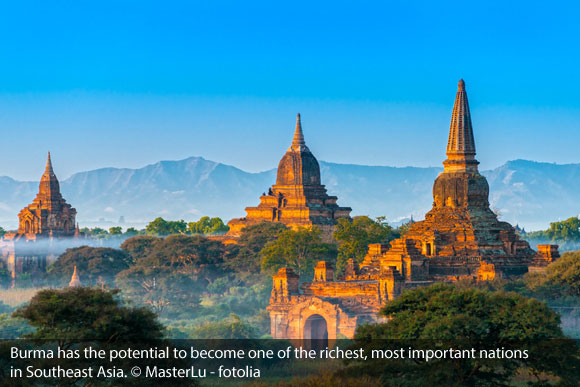
Small Gains, But Lots of Them: An African Strategy
Subscriber Login - Not A Member Yet? Click Here Email Address Password Remember Me Forgot Your Password?

Subscriber Login - Not A Member Yet? Click Here Email Address Password Remember Me Forgot Your Password?

Subscriber Login - Not A Member Yet? Click Here Email Address Password Remember Me Forgot Your Password?

Subscriber Login - Not A Member Yet? Click Here Email Address Password Remember Me Forgot Your Password?

Subscriber Login - Not A Member Yet? Click Here Email Address Password Remember Me Forgot Your Password?

Agaggle of Danish bankers, including my friend Thomas, and I were celebrating my birthday. I had arranged a celebration at Restaurant Mêlée, a petite Michelin Guide eatery in Copenhagen that seats only a handful of diners. Thomas saw the wine cabinet, nudged me, and said, “Go pick out something.” And so I did…

I’ve been around oil (at least from an investor’s perspective) for a long time. In the early 90s I worked in the Dallas bureau of the Wall Street Journal, writing about oil and its impact on the Texas economy from an economic and investment point of view.

I wasn’t so much scared of the height as I was scared of the width—and the wind. Definitely the wind. I thought I needed a better perspective on things. And that meant perching myself on the narrowest of steps, 300 feet above the Danish capital, Copenhagen.

I am not, by trade, a food critic. However, because of my global travels, and the habits of the bankers and others I hang out with, I do routinely end up in some of the world’s better eateries.

I ’d spent the day with Mr. Khun, my translator, as we hopscotched between meetings in Rangoon, Burma, on a sultry morning. I had arrived in the middle of monsoon season and the day’s torrential rains had bathed the city clean. Now, the tropical, noonday sun was boiling the puddles into a steamy vapor that embraced the city like a hot Wet-Nap. A pair of large, sliding glass doors glided open and a wave of air-conditioned cool slammed into me.

A war looms in Asia, though you won’t have heard of it. This will be a war fought for resources and strategic positioning in the global economy of tomorrow: a war for economic dominance in what is emerging as the most crucial region of the world. The challenge for us—investors—comes in knowing where to go to profit from this new war in Asia. And I know where. Burma…a country less than two years removed from a military junta that ruled, often violently, since 1962. The aging military leaders have finally released their death-grip on power and now businesses from pretty much every major country you can think of—Australia, Japan, China, Canada, Singapore, Korea, India, Great Britain, Thailand—are beginning to swarm to opportunities that exist everywhere.